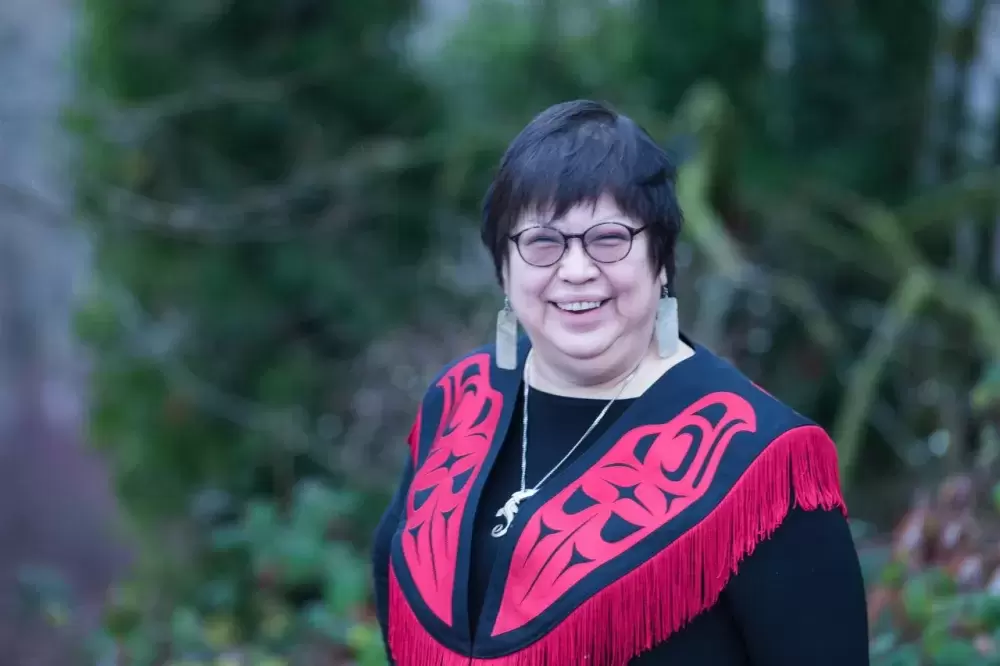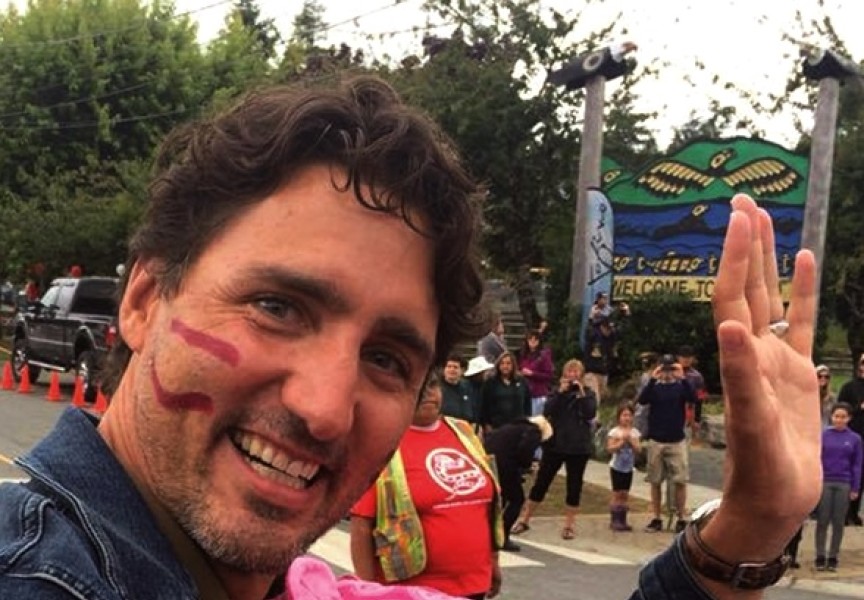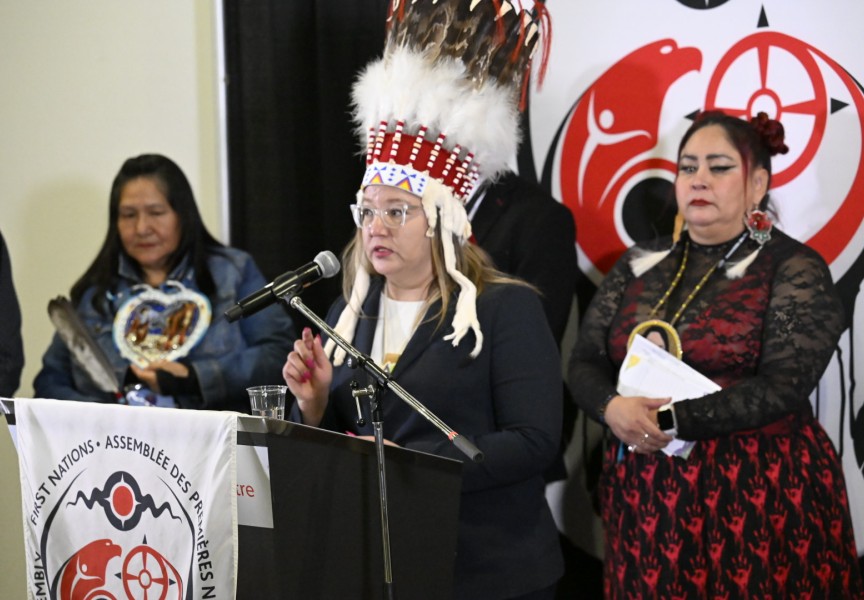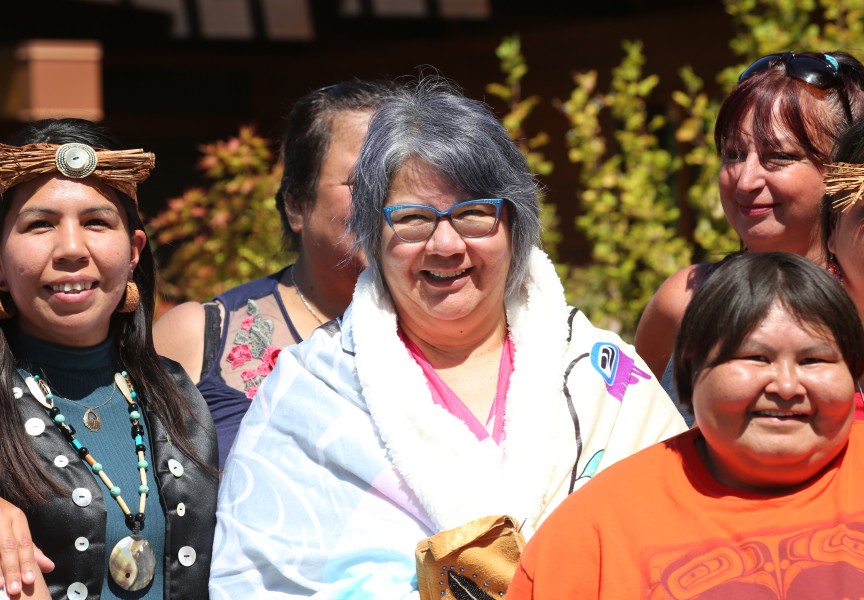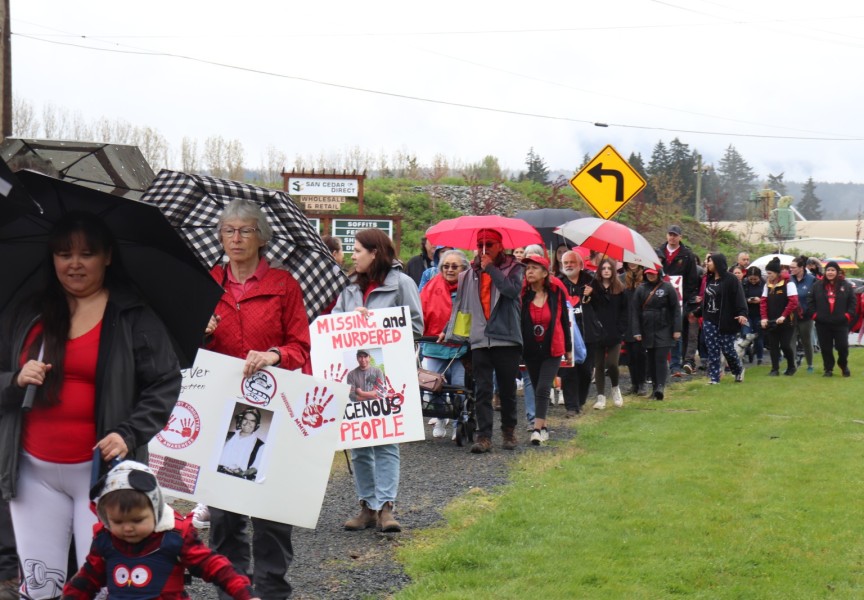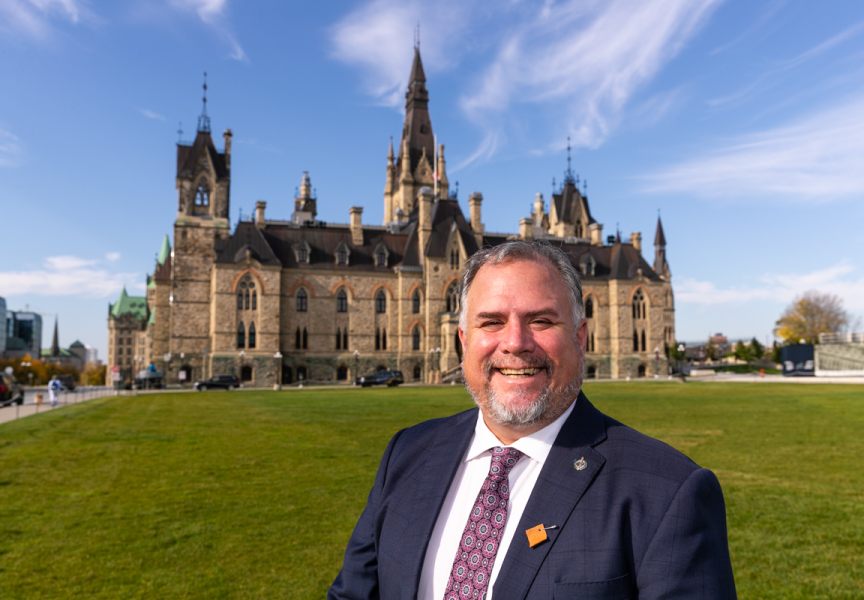In the aftermath of a verdict that has sparked outrage across Canada, the Nuu-chah-nulth Tribal Council has pledged to stand with the family of Coulten Boushie.
The 22-year-old Cree man died by a gunshot wound to the head on Aug. 9, 2016, leading police to charge Gerald Stanley with second-degree murder after an altercation with Boushie and four other young members of the Red Pheasant Cree Nation on Stanley’s Saskatchewan farm. A 12-member Saskatchewan jury acquitted Stanley with their verdict on Friday, Feb. 9.
“We stand with the Boushie family in their time of need and grieve with them in the loss of a precious young man, and share their outrage that Gerald Stanley walked free after killing Coulten,” read a statement from the tribal council on Feb. 13.
In court Stanley, 56, testified that his semi-automatic handgun fired accidentally after he approached the SUV which contained Boushie and the other young adults. When the vehicle drove onto his farm Stanley fired warning shots, and believed that the gun wasn’t loaded when he approached the SUV. He feared that the group were trying to steal from him and run over his wife, leading him to reach inside the SUV to turn off the ignition, said the 56-year-old man. This is when the fatal shot was fired.
An RCMP examination of the scene over the days following Boushie’s death recovered several other firearms belonging to Stanley. Also found near Boushie’s body was a loaded .22-calibre rifle, which belonged to Cassidy Cross-Whitstone, who was in the car with the young man.
The SUV was found on the farm with a flat tire, and Cross-Whitstone said they came to the Stanley farm searching for help with the vehicle.
Faced with the options of a second-degree murder conviction, manslaughter or acquittal, the jury let Stanley go free. This verdict spawned coast-to-coast protests over the following days, with calls for an overhaul of Canada’s justice system by the B.C. Assembly of First Nations and other organisations.
“There is much work to be done to eradicate racism across this country to ensure there are no more senseless killings,” stated the NTC. “We stand in solidarity with other indigenous organisations who are asking for an improved justice system, appeal of the lack of conviction, and to have a justice council composed of indigenous people and experts [who] provide strategic advice to the attorney general on how to ensure that Canada’s legal system is fair and free of all discrimination.”
The jury’s not-guilty verdict has brought into discussion the use of peremptory challenges in Canada, which can allow lawyers to object to potential jurors without explanation. The Boushie family has said that this challenge, which has been eradicated from courts in the United Kingdom, was used to dismiss potential jurors who appeared to be aboriginal.
On Monday, Feb. 12 three members of the Boushie family travelled to Ottawa to meet with federal cabinet ministers and Prime Minister Justin Trudeau. The House of Commons has committed part of its day on Feb. 14 to debate the experience of indigenous peoples in the justice system.
“Mr. Speaker, our thoughts of course are with the family and friends of Colten Boushie,” said Trudeau in the House of Commons on Feb. 12. “While it would be completely inappropriate to comment on the specifics of this case, we understand there are systemic issues in our criminal justice system that we must address. We are committed to broad-based reform to address these issues. As a country, we must and we can do better. Our government is committed to working hard every day to ensure justice for all Canadians.”

